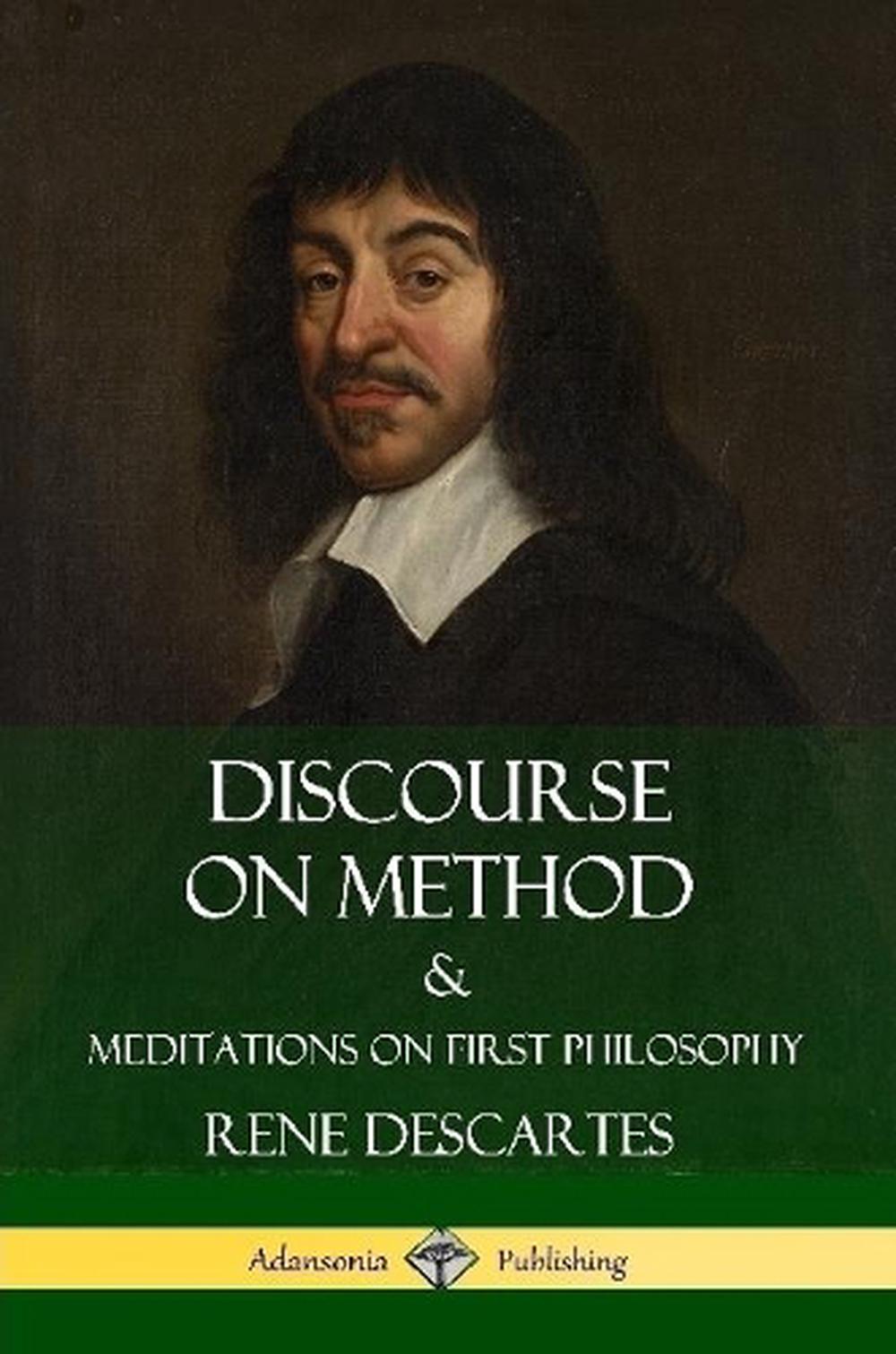
The book will be an essential reference in future discussions of Descartes and his method of doubt."-David Macarthur, Philosophical Books Exemplary in its capacity to seamlessly combine scholarly debate, history of ideas and original philosophising in a clear and lively prose style. It provides a deep, learned, and philosophically engaging reading of the method of doubt as laid out in the first three meditations. "In this clearly written and engaging book, Broughton argues that the method of doubt is in fact constructive, a strategy for uncovering the first principles of philosophy by showing that the truth of certain beliefs is a condition for the method of doubt."-Deborah Boyle, Philosophy in Review "This is a brilliant book, written in a flowing and elegant prose that belies the extraordinary erudition, and philosophical rigor and subtlety which it contains."-Jorge Secada, Philosophical Quarterly The book is a powerful contribution both to the history of philosophy and to current debates in epistemology. Drawing on this analysis, Broughton provides a new way to understand Descartes’s insistence that he hasn’t argued in a circle, and she measures his ambitions against those of contemporary philosophers who use transcendental arguments in their efforts to defeat skepticism.

She gives a unified account of how Descartes uses this strategy, first to find certainty about his own existence and then to argue that God exists. She then argues that Descartes pursues absolute certainty by uncovering the conditions that make his radical doubt possible.

But why did Descartes think we should take these exaggerated doubts seriously? And if we do take them seriously, how did he think any of our beliefs could ever escape them? Janet Broughton undertakes a close study of Descartes’s first three meditations to answer these questions and to present a fresh way of understanding precisely what Descartes was up to.īroughton first contrasts Descartes’s doubts with those of the ancient skeptics, arguing that Cartesian doubt has a novel structure and a distinctive relation to the commonsense outlook of everyday life.

He adopts this strategy in the Meditations on First Philosophy, where he raises sweeping doubts with the famous dream argument and the hypothesis of an evil demon. Descartes thought that we could achieve absolute certainty by starting with radical doubt.


 0 kommentar(er)
0 kommentar(er)
